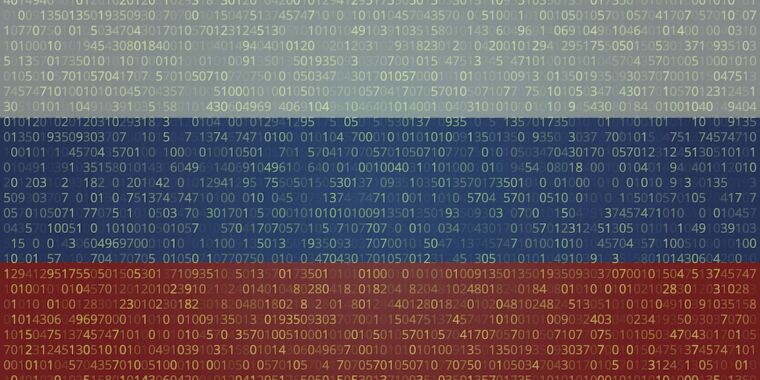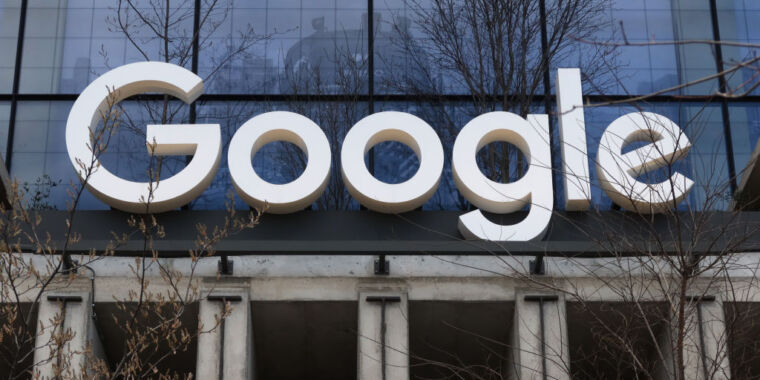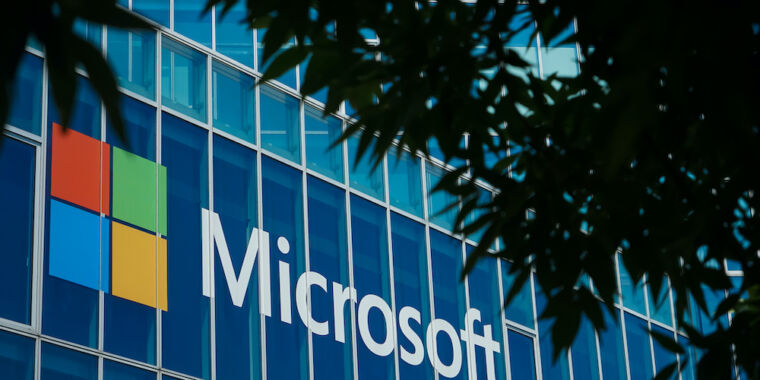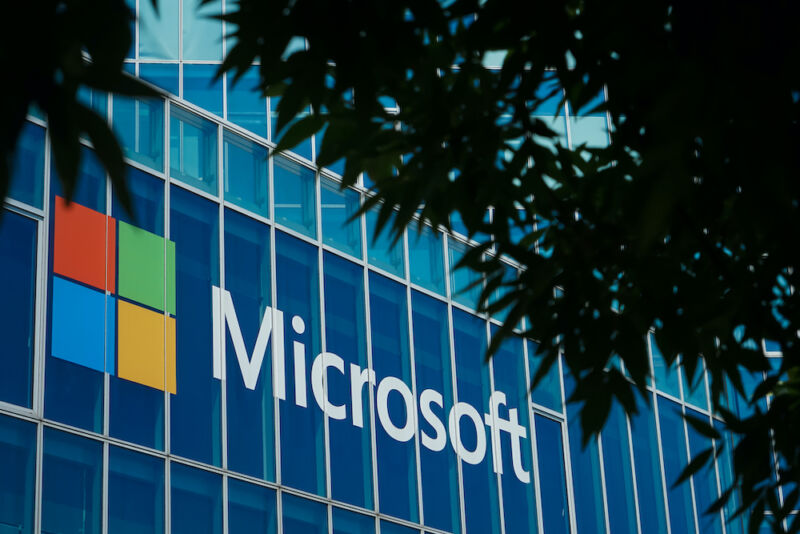US charges Russian military officers for unleashing wiper malware on Ukraine
INDICTED —
WhisperGate campaign targeted Ukrainian critical infrastructure and allies worldwide.
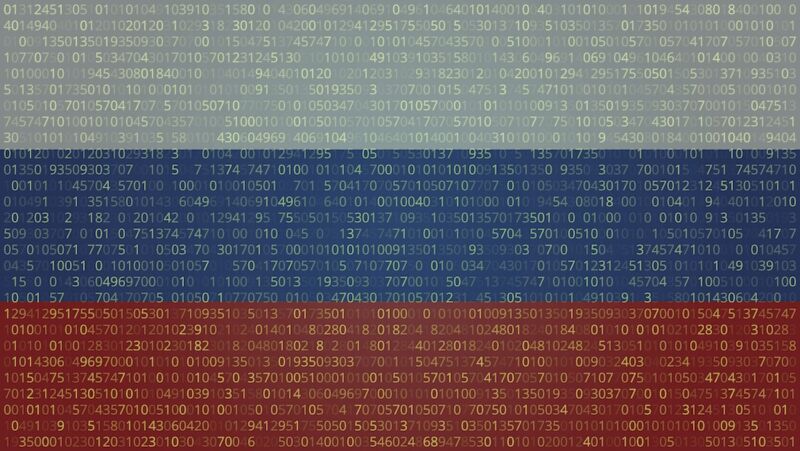
Getty Images
Federal prosecutors on Thursday unsealed an indictment charging six Russian nationals with conspiracy to hack into the computer networks of the Ukrainian government and its allies and steal or destroy sensitive data on behalf of the Kremlin.
The indictment, filed in US District Court for the District of Maryland, said that five of the men were officers in Unit 29155 of the Russian Main Intelligence Directorate (GRU), a military intelligence agency of the General Staff of the Armed Forces. Along with a sixth defendant, prosecutors alleged, they engaged in a conspiracy to hack, exfiltrate data, leak information, and destroy computer systems associated with the Ukrainian government in advance of the Russian invasion of Ukraine in February 2022.
Targeting critical infrastructure with WhisperGate
The indictment, which supersedes one filed earlier, comes 32 months after Microsoft documented its discovery of a destructive piece of malware, dubbed WhisperGate, had infected dozens of Ukrainian government, nonprofit, and IT organizations. WhisperGate masqueraded as ransomware, but in actuality was malware that permanently destroyed computers and the data stored on them by wiping the master boot record—a part of the hard drive needed to start the operating system during bootup.
In April 2022, three months after publishing the report, Microsoft published a new one that said WhisperGate was part of a much broader campaign that aimed to coordinate destructive cyberattacks against critical infrastructure and other targets in Ukraine with kinetic military operations waged by Russian forces. Thursday’s indictment incorporated much of the factual findings reported by Microsoft.
“The GRU’s WhisperGate campaign, including targeting Ukrainian critical infrastructure and government systems of no military value, is emblematic of Russia’s abhorrent disregard for innocent civilians as it wages its unjust invasion,” Assistant Attorney General Matthew G. Olsen of the National Security Division said in a statement. “Today’s indictment underscores that the Justice Department will use every available tool to disrupt this kind of malicious cyber activity and hold perpetrators accountable for indiscriminate and destructive targeting of the United States and our allies.”
Later in the campaign, the Russian operatives targeted computer systems in countries around the world that were providing support to Ukraine, including the United States and 25 other NATO countries.
The six defendants are:
- Yuriy Denisov, a colonel in the Russian military and commanding officer of Cyber Operations for Unit 29155
- Vladislav Borokov, a lieutenant in Unit 29155 who works in cyber operations
- Denis Denisenko, a lieutenant in Unit 29155 who works in cyber operations
- Dmitriy Goloshubov, a lieutenant in Unit 29155 who works in cyber operations
- Nikolay Korchagin, a lieutenant in Unit 29155 who works in cyber operations
- Amin Stigal, an alleged civilian co-conspirator, who was indicted in June for his role in WhisperGate activities
Federal prosecutors said the conspiracy started no later than December 2020 and remained ongoing. The defendants and additional unindicted co-conspirators, the indictment alleged, scanned computers of potential targets around the world, including in the US, in search of vulnerabilities and exploited them to gain unauthorized access to many of the systems. The defendants allegedly would then infect the networks with wiper malware and, in some cases, exfiltrate the stored data.
Thursday’s charges came a day after Justice Department officials announced the indictments of two Russian media executives accused of funneling millions of dollars from the Kremlin to a company responsible for creating and publishing propaganda videos in the US that racked up millions of views on social media. Federal prosecutors said the objective was to covertly influence public opinion and deepen social divisions, including over Russia’s war in Ukraine.
Also on Wednesday, federal officials took other legal actions to counter what they said were other Russian psychological operations. The actions included seizing 32 Internet domains they said were being used to spread anti-Ukraine propaganda, sanctioning Russian individuals and entities accused of spreading Russian propaganda and indicting two individuals accused of conspiring to aid a Russian broadcaster violating US sanctions.
Unit 29155 is a covert part of the GRU that carries out coup attempts, sabotage, and assassinations outside Russia. According to WIRED, Unit 29155 recently acquired its own active team of cyberwarfare operators in a move that signals the fusing of physical and digital tactics by Russia more tightly than in the past. WIRED said that the unit is distinct from others within the GRU that employ more recognized Russian-state hacking groups such as Fancy Bear or APT28, and Sandworm.
The Justice Department announced a $10 million reward in exchange for any of the suspects’ locations or cyber activity. The wanted poster and Thursday’s indictment displayed photos of all six defendants. The move is intended to limit the travel options for the men and discourage other Russians from following their example.
US charges Russian military officers for unleashing wiper malware on Ukraine Read More »
